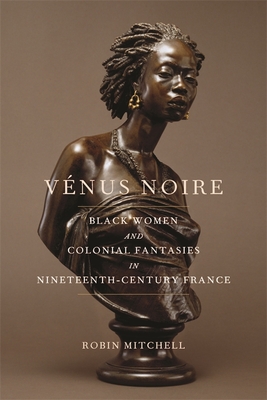Expedite your nonfiction book discovery process with Readara interviews, summaries and recommendations, Broaden your knowledge and gain insights from leading experts and scholars
In-depth, hour-long interviews with notable nonfiction authors, Gain new perspectives and ideas from the writer’s expertise and research, Valuable resource for readers and researchers
Optimize your book discovery process, Four-to eight-page summaries prepared by subject matter experts, Quickly review the book’s central messages and range of content
Books are handpicked covering a wide range of important categories and topics, Selected authors are subject experts, field professionals, or distinguished academics
Our editorial team includes books offering insights, unique views and researched-narratives in categories, Trade shows and book fairs, Book signings and in person author talks,Webinars and online events
Connect with editors and designers,Discover PR & marketing services providers, Source printers and related service providers

Vénus Noire: Black Women and Colonial Fantasies in Nineteenth-Century France
History > Women
- University of Georgia Press
- Paperback
- 9780820354316
- 9.02 X 5.98 X 0.48 inches
- 0.69 pounds
- History > Women
- (Single Author) Asian American
- English
Readara.com
Book Description
Even though there were relatively few people of color in postrevolutionary France, images of and discussions about black women in particular appeared repeatedly in a variety of French cultural sectors and social milieus. In V�nus Noire, Robin Mitchell shows how these literary and visual depictions of black women helped to shape the country's postrevolutionary national identity, particularly in response to the trauma of the French defeat in the Haitian Revolution.
V�nus Noire explores the ramifications of this defeat in examining visual and literary representations of three black women who achieved fame in the years that followed. Sarah Baartmann, popularly known as the Hottentot Venus, represented distorted memories of Haiti in the French imagination, and Mitchell shows how her display, treatment, and representation embodied residual anger harbored by the French. Ourika, a young Senegalese girl brought to live in France by the Mar�chal Prince de Beauvau, inspired plays, poems, and clothing and jewelry fads, and Mitchell examines how the French appropriated black female identity through these representations while at the same time perpetuating stereotypes of the hypersexual black woman.
Finally, Mitchell shows how demonization of Jeanne Duval, longtime lover of the poet Charles Baudelaire, expressed France's need to rid itself of black bodies even as images and discourses about these bodies proliferated. The stories of these women, carefully contextualized by Mitchell and put into dialogue with one another, reveal a blind spot about race in French national identity that persists in the postcolonial present.
Author Bio
Robin Mitchell is an Associate Professor of History at the California State University Channel Islands (CI). She received her master’s degree in Late Modern European History from the University of California, Santa Cruz, and her doctorate in Late Modern European History from the University of California, Berkeley, with a Designated Emphasis in Women, Gender, and Sexuality. Her dissertation investigated the correlation between representations of black women in France and the aftermath of the Haitian Revolution.
In addition to numerous published journal articles, Professor Mitchell’s first book, entitled VÉNUS NOIRE: Black Women & Colonial Fantasies in 19th-Century France was published with University of Georgia Press in January of 2020. It was named by the African American Intellectual History Society as one of "The Best Black History Books of 2020" and by The Guardian in 2021 as one of the "best books about sex."
Before joining the CI faculty in 2016, Professor Mitchell was a full-time faculty member at DePaul University in Chicago.
Education
- Ph.D. European History, University of California, Berkeley, 2010
M.A. European History, University of California, Santa Cruz, 2002
B.A. Ethnic Studies, Mills College, 1998
Source: California State University Channel Islands
Videos








Community reviews
No Community reviews

